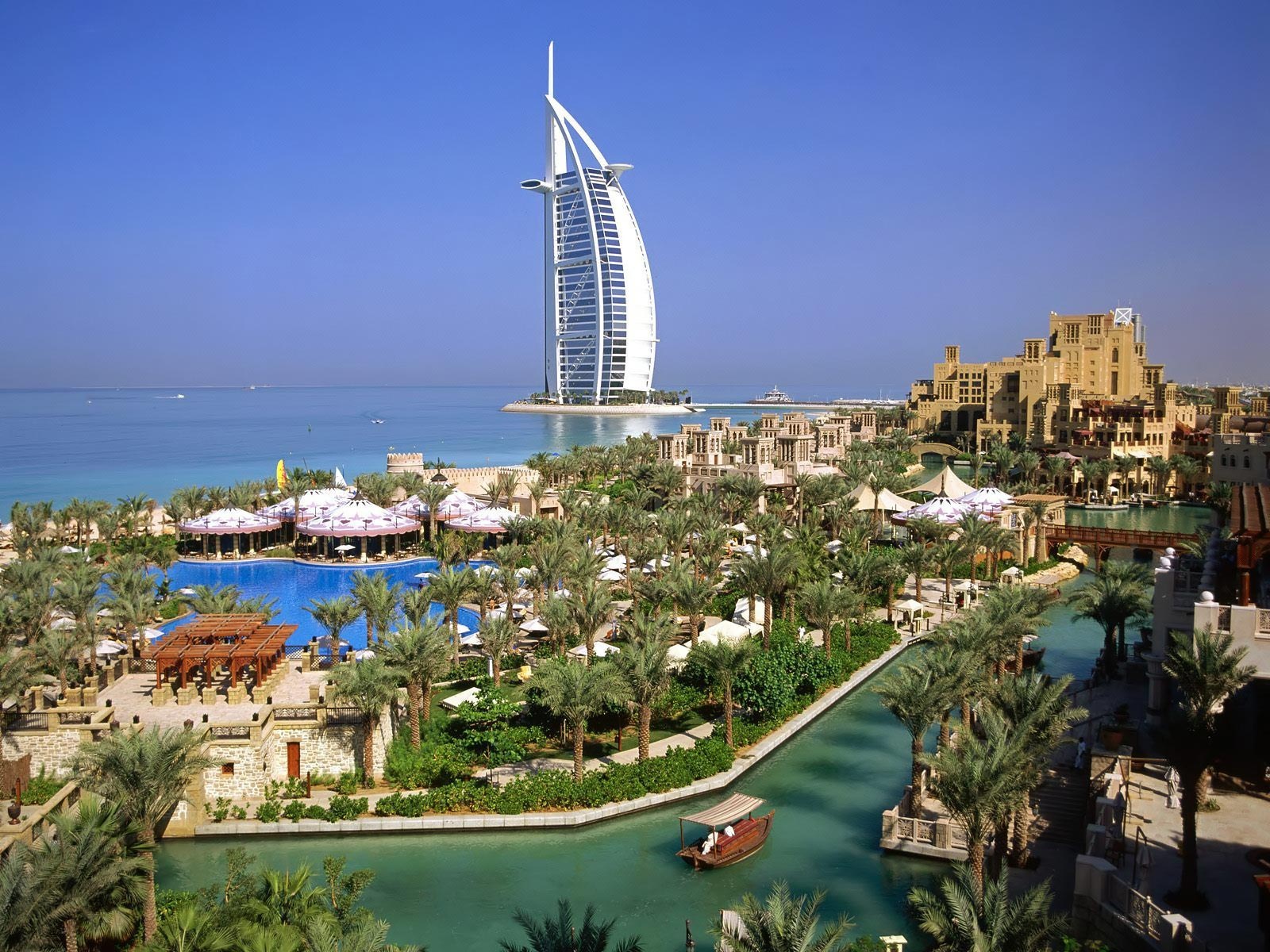Sunday was inspiring. Few of my friends and I headed to Mountain View Shoreline Park to enjoy the beautiful outdoors, the delicate breeze and the beautiful sunlight; a sunlight that held a magical feeling to it because of the eclipse. After munching on jalapeño chips and hummus and enjoying cool fresh drinks, Rania shared news from her university. Our conversation covered different matters, relating to psychedelic drugs, rhetorical meaning of rape in fictional novels, society, technology and media, and empowerment and positive reinforcement.
Empowerment
The conversation about media, society and empowerment really meant a lot to me. It is evident within our society that the majority of the populous are being influenced and intimidated by the power of media. Influencing through encouraging the notion of what beauty is, how we are expected to lead our lives in the society, and defining gender roles. However, the media is not the only one to blame, but there is also the role of the parents in how they raise their children. Given our group came from Asian/Eastern culture, we all recounted the stories of our friends, or from our own family, of the pressures we faced in achieving specific goals to gain the respect of the parents.
Such expectations are very narrow and limited that it blocks the child from observing the other things that matter as well to be a productive and useful member of the society. Therefore, while the parents are busy focusing on specific agendas, the child or youth seeks the information for other matters in life through their environment; which includes media, their friends, neighborhood and culture. Most, if not always, the child or youth will not consult on matters that are not part of the parent’s agenda fearing judgement.
In our conversation, we concluded that empowerment is a powerful tool that can help inspire and uplift the youth. Consider how much pressure the young adult or youth would feel through the empowerment and encouragement of their parents. However, we were all well aware that sugar-coating is not empowerment. Through empowerment, there is a feeling of being welcomed, and also openness to share and consult on different subjects while pursuing/having a goal or purpose; providing room for creativity, moderation and learning.
The Process of Individual Growth
During our conversation, I recalled something that Rania has told me in the past regarding how one should face challenges and difficulties. To put it into context, media is a powerful force; it can manipulate and influence us if we are not careful (not trying to be a conspiracy theorist, but there are good and useful programs on TV/Radio that can benefit us, but there are also those that arouse the feeling of hatred, lust or envy).
Step -1 – Defeat
If progress were to be series of steps, to be influenced would be step “-1.” This can include falling into the mode of gossip, imitating fashion trends blindly, admiring the fall of other people and absorbing the negative qualities represented in the media.
Step 0 – Acknowledge
The next step is acknowledging what is influencing or manipulating you. In this step, you figure out that the reason you bought those jeans was because it looks super great on that actress, or the reason why you speak the way you do is because a comedian pointed it, or you finally figure out why you have a headache because the series is just being super intense. However, acknowledging is not sufficient, as you are still being influenced; however, you admit to what you are being influenced with. The next step is the most challenging one, a step one has to sacrifice a bit of their ego.
Step 1 – Control
At this stage, one shuts down the source of manipulation or negative influence. However, there is a danger in this stage as one can fall into the pit of bias as they are completely shutting a matter from their life. Therefore, observing the channel of influence from different dimensions helps in identifying the greater picture behind the purpose and value of the source. To convince oneself to detach and distance themselves from a source to which they are used to is difficult. One will feel that they are losing something or feel left out if they don’t catch up. But as mentioned before, when one realizes the value of what is being controlled and determining whether it provides any positive value to their personal growth and environment, then they’ll make such judgement a bit more easily.
Step 2 – Inspire
The final stage is sharing your perspective with others and learning how to identify more channels that influence our lives. One observes that learning is a cycle that continues forever and gains more wisdom and a broader perspective on matters, helping them to make better and more valued decisions.
The sunset and our crying stomach’s ended our conversation. But I wish to have everyone present in such conversations 🙂



